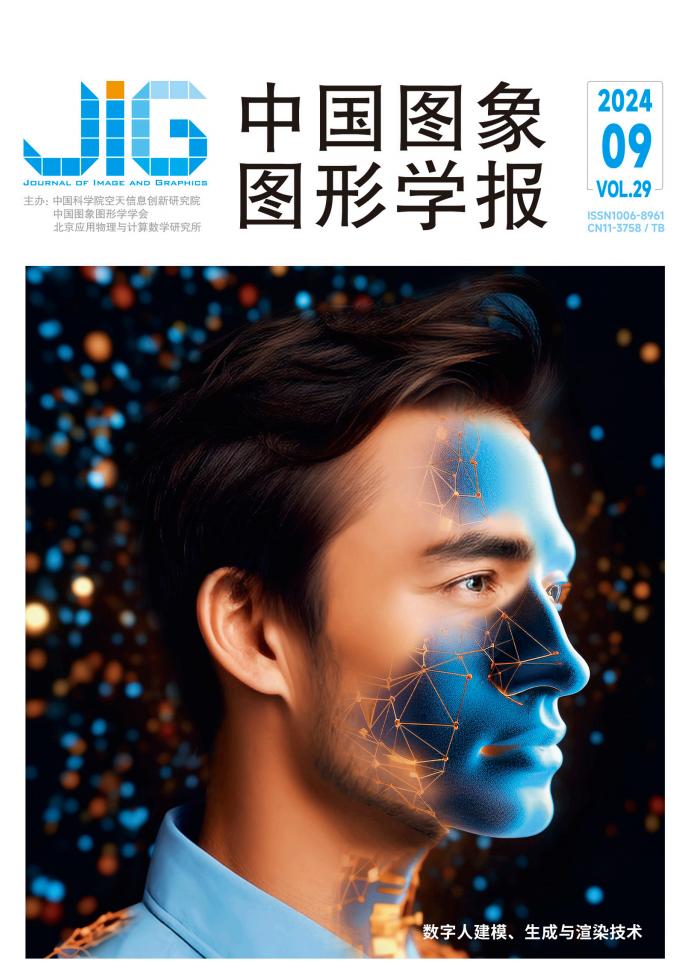Stereo Vision Based Localization of Handheld Controller in Virtual Reality for 3D Painting Using Inertial System
Q3 Computer Science
引用次数: 0
Abstract
Google Tilt Brush is expensive for virtual drawing which needs further improvement on the functionalities of mechanisms rather than implementation expects addressed in this research. Several issues are addressed by this research in this context, i.e., noise removal from sensor data, double integration-based drift issues and cost. Recently, available smart phones do not have the ability to perform drawing within artificial settings handling cardboard and daydream of google without purchasing Oculus Rift and HTC Vive (Virtual Reality Headset) because of expensiveness for large number of users. In addition, various extrinsic hardwares, i.e., satellite localization hardware and ultrasonic localization applications are not used for drawing in virtual reality. Proposed methodology implemented extended Kalman filter and Butterworth filter to perform positioning using six degree of freedom using Microelectromechanical Applications (MEMS) software data. A stereo visual method using Simultaneous Localization and Mapping (SLAM) is used to estimate the measurement for positioning implicating mobile phone (i.e., android platform) for the hardware system to estimate drift. This research implemented Google Virtual Reality application settings Kit with Unity3D engine. Experimentation validation states that proposed method can perform painting using virtual reality hardware integrated with controller software implicating smartphone mobile without using extrinsic controller device, i.e., Oculus Rift and HTC Vive with satisfactory accuracy.基于立体视觉的惯性系统三维绘画虚拟现实手持控制器定位
对于虚拟绘图来说,倾斜刷是昂贵的,这需要进一步改进机制的功能,而不是在本研究中解决的实现预期。在此背景下,本研究解决了几个问题,即传感器数据的噪声去除,基于双积分的漂移问题和成本。最近,市面上的智能手机由于价格昂贵,对于大量用户来说,如果不购买Oculus Rift和HTC Vive(虚拟现实耳机),就无法在人工设置中处理纸板和白日梦。此外,各种外部硬件,即卫星定位硬件和超声波定位应用程序不用于虚拟现实中的绘图。该方法采用扩展卡尔曼滤波器和巴特沃斯滤波器,利用微机电应用(MEMS)软件数据使用六自由度进行定位。采用同时定位与测绘(SLAM)的立体视觉方法,通过手机(即android平台)对硬件系统进行漂移估计。本研究利用Unity3D引擎实现谷歌虚拟现实应用设置工具包。实验验证表明,该方法可以在不使用外部控制器设备(即Oculus Rift和HTC Vive)的情况下,使用集成了智能手机控制器软件的虚拟现实硬件进行绘画,并具有令人满意的精度。
本文章由计算机程序翻译,如有差异,请以英文原文为准。
求助全文
约1分钟内获得全文
求助全文
来源期刊

中国图象图形学报
Computer Science-Computer Graphics and Computer-Aided Design
CiteScore
1.20
自引率
0.00%
发文量
6776
期刊介绍:
Journal of Image and Graphics (ISSN 1006-8961, CN 11-3758/TB, CODEN ZTTXFZ) is an authoritative academic journal supervised by the Chinese Academy of Sciences and co-sponsored by the Institute of Space and Astronautical Information Innovation of the Chinese Academy of Sciences (ISIAS), the Chinese Society of Image and Graphics (CSIG), and the Beijing Institute of Applied Physics and Computational Mathematics (BIAPM). The journal integrates high-tech theories, technical methods and industrialisation of applied research results in computer image graphics, and mainly publishes innovative and high-level scientific research papers on basic and applied research in image graphics science and its closely related fields. The form of papers includes reviews, technical reports, project progress, academic news, new technology reviews, new product introduction and industrialisation research. The content covers a wide range of fields such as image analysis and recognition, image understanding and computer vision, computer graphics, virtual reality and augmented reality, system simulation, animation, etc., and theme columns are opened according to the research hotspots and cutting-edge topics.
Journal of Image and Graphics reaches a wide range of readers, including scientific and technical personnel, enterprise supervisors, and postgraduates and college students of colleges and universities engaged in the fields of national defence, military, aviation, aerospace, communications, electronics, automotive, agriculture, meteorology, environmental protection, remote sensing, mapping, oil field, construction, transportation, finance, telecommunications, education, medical care, film and television, and art.
Journal of Image and Graphics is included in many important domestic and international scientific literature database systems, including EBSCO database in the United States, JST database in Japan, Scopus database in the Netherlands, China Science and Technology Thesis Statistics and Analysis (Annual Research Report), China Science Citation Database (CSCD), China Academic Journal Network Publishing Database (CAJD), and China Academic Journal Network Publishing Database (CAJD). China Science Citation Database (CSCD), China Academic Journals Network Publishing Database (CAJD), China Academic Journal Abstracts, Chinese Science Abstracts (Series A), China Electronic Science Abstracts, Chinese Core Journals Abstracts, Chinese Academic Journals on CD-ROM, and China Academic Journals Comprehensive Evaluation Database.
 求助内容:
求助内容: 应助结果提醒方式:
应助结果提醒方式:


